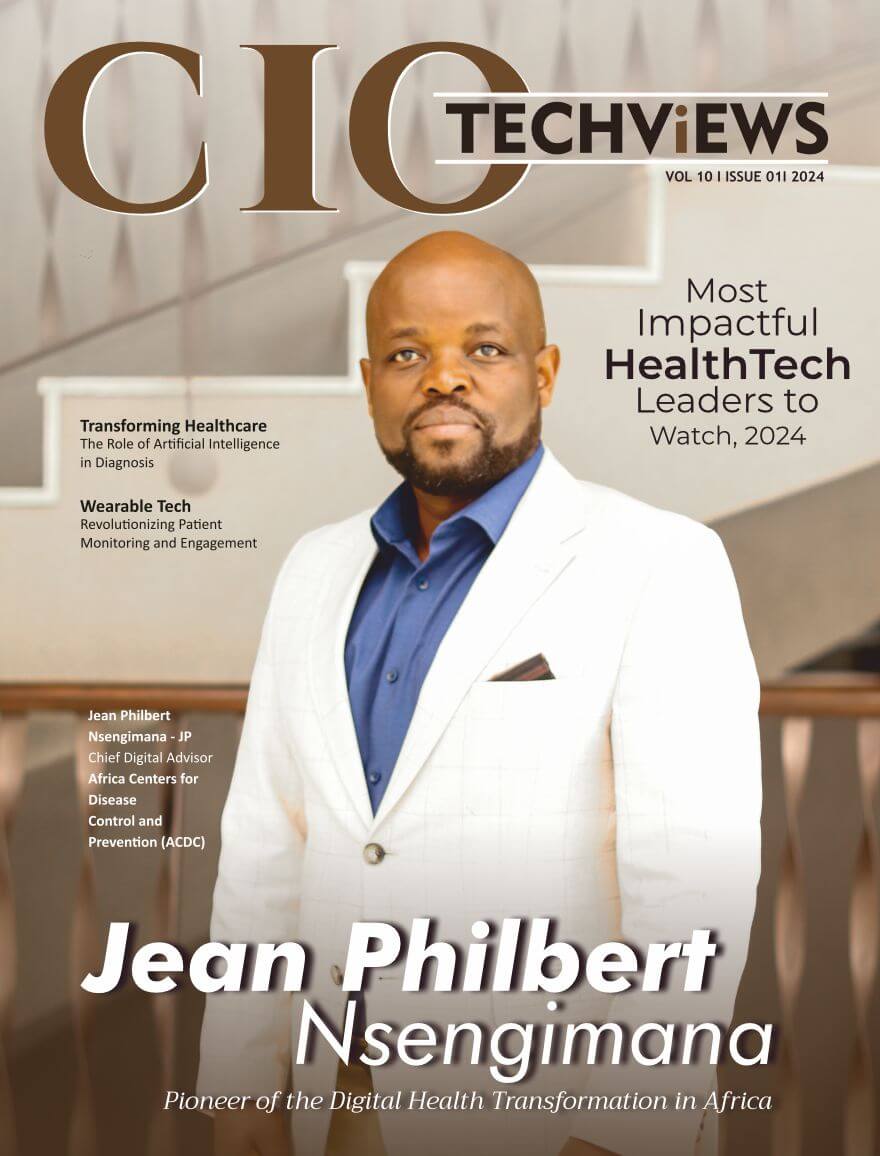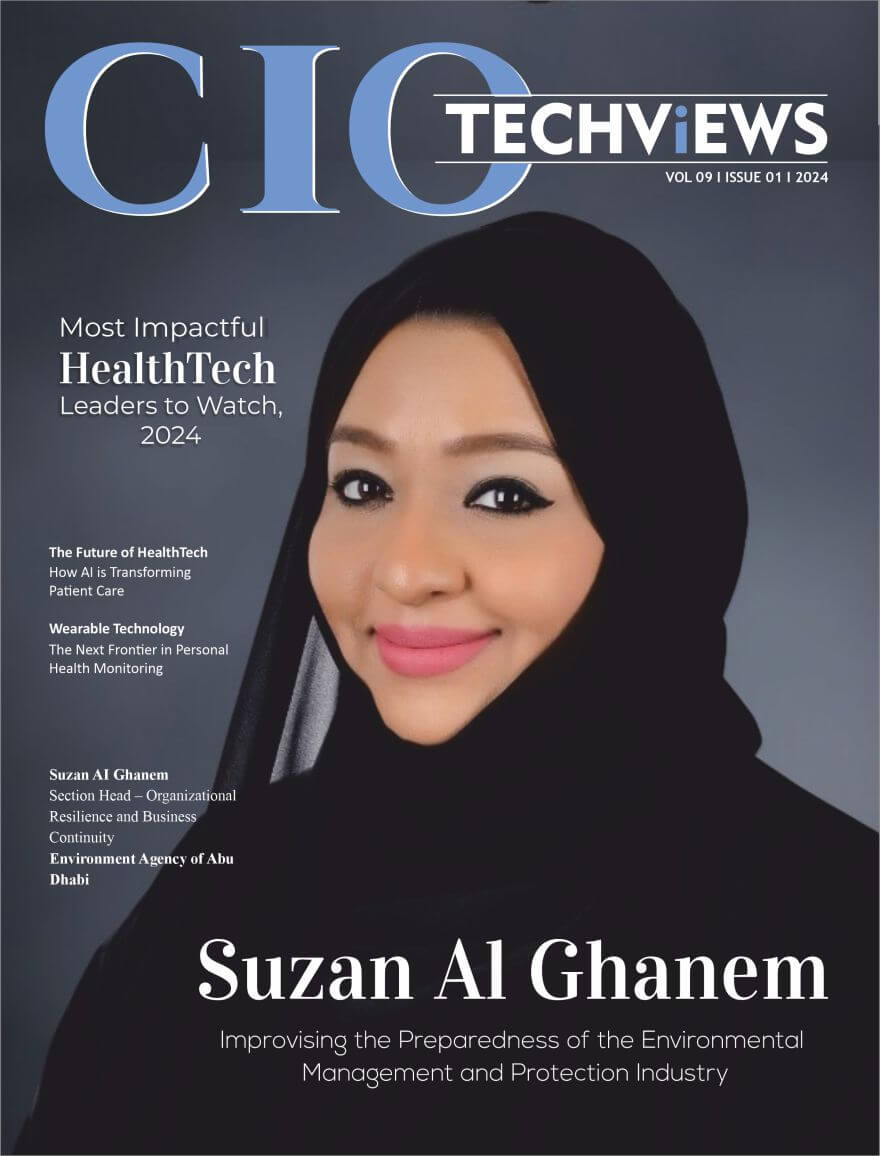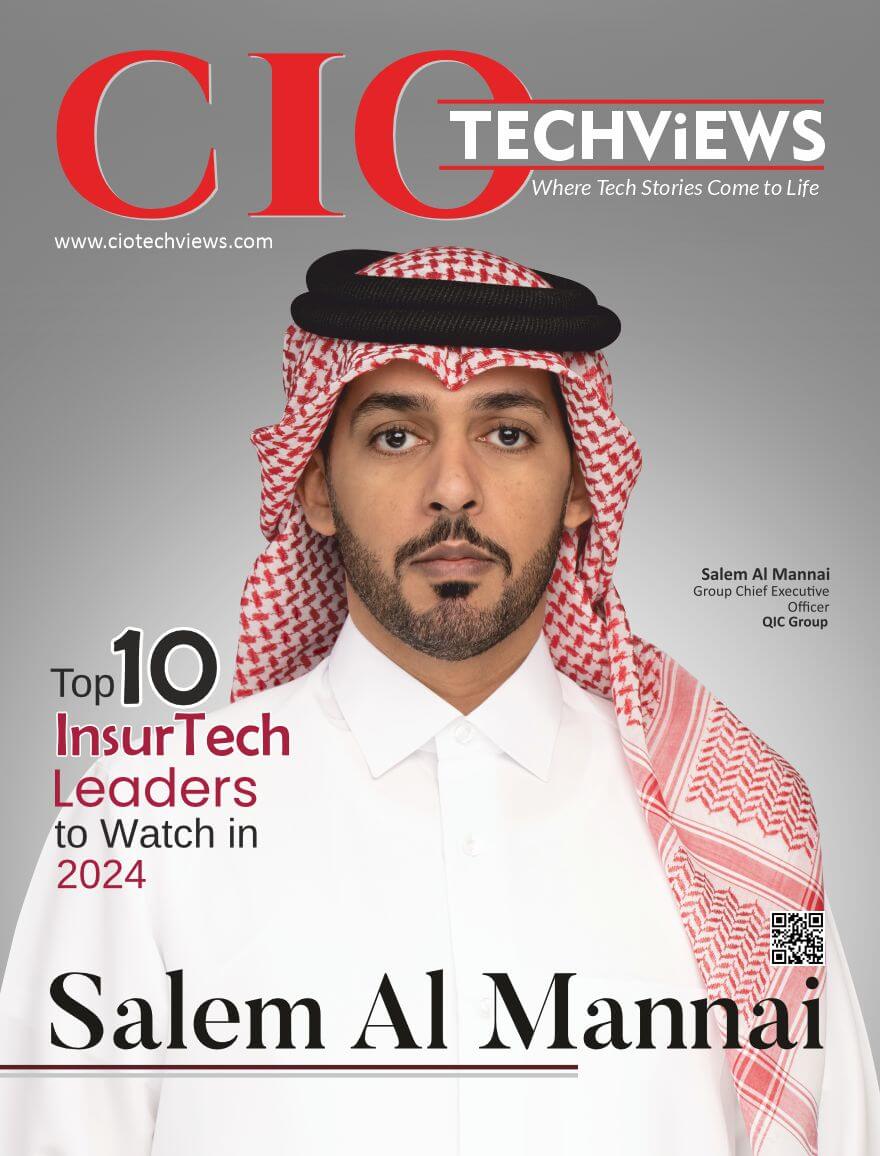Artificial intelligence (AI) is reshaping patient care in ways that were once considered science fiction. From early diagnosis to personalized treatment plans, AI is becoming a vital tool in healthcare. It holds the potential to improve accuracy, efficiency, and accessibility in ways traditional methods simply cannot match. As AI continues to evolve, it is set to revolutionize how we approach patient care.
Let’s discover the innovative advancements that are making a difference today!
Enhancing Diagnostic Accuracy
One of the most impactful applications of AI in healthcare is in diagnostics. Machine learning algorithms analyze vast amounts of data to identify patterns that may be invisible to the human eye. This capability has led to the development of AI tools that can diagnose conditions such as cancer, heart disease, and neurological disorders with remarkable precision. In some cases, AI can even detect these conditions earlier than conventional methods, enabling timely interventions that can save lives.
These advancements are not limited to a single area of medicine. AI-powered tools are being developed for a wide range of applications, from analyzing medical images to predicting patient outcomes based on electronic health records. By integrating AI into diagnostic processes, healthcare providers can reduce human error, increase diagnostic accuracy, and provide more effective treatments.
Personalized Treatment Plans
Personalization is another area where AI is making significant strides. Each patient is unique, and AI helps tailor treatment plans to individual needs. By analyzing a patient’s medical history, genetic information, and even lifestyle factors, AI can recommend treatments that are more likely to be effective. This personalized approach increases the chances of success while reducing the likelihood of adverse reactions.
For example, in oncology, AI is used to identify the most effective chemotherapy combinations for a particular patient, based on their specific genetic makeup and the characteristics of their tumor. In chronic disease management, AI can analyze data from wearable devices to monitor a patient’s condition in real-time, allowing for timely adjustments to their treatment plan. These innovations ensure that patients receive the most appropriate care, improving outcomes and quality of life.
Streamlining Administrative Tasks
AI is not only enhancing patient care but also streamlining administrative tasks within healthcare facilities. Scheduling appointments, managing patient records, and processing insurance claims are tasks that can consume a significant amount of time and resources. AI-powered systems can automate these processes, freeing up healthcare professionals to focus on what matters most—caring for patients.
Moreover, AI can assist in resource management by predicting patient admission rates and optimizing staff schedules. This can lead to better resource allocation, reduced wait times, and improved patient satisfaction. By automating routine tasks, AI allows healthcare providers to operate more efficiently, ultimately benefiting both patients and staff.
Advancing Telemedicine
Telemedicine has seen a surge in adoption, and AI is playing a crucial role in its growth. AI-powered chatbots and virtual assistants are being used to triage patients, answer common questions, and provide basic medical advice. These tools can handle a large volume of inquiries, allowing healthcare providers to focus on more complex cases.
Additionally, AI is enhancing remote monitoring capabilities. Wearable devices and home monitoring systems equipped with AI can track a patient’s vital signs and alert healthcare providers to any concerning changes. This allows for continuous care, even when patients are not physically present at a healthcare facility. As a result, patients can receive timely interventions and avoid unnecessary hospital visits, making healthcare more accessible and convenient.
Improving Drug Discovery and Development
AI is also revolutionizing the way new drugs are discovered and developed. Traditionally, drug discovery is a time-consuming and costly process. However, AI can analyze vast datasets to identify potential drug candidates more quickly and accurately. By simulating how different compounds interact with the body, AI can predict which ones are most likely to be effective, significantly reducing the time and cost associated with bringing new drugs to market.
Furthermore, AI can help identify new uses for existing drugs, a process known as drug repurposing. By analyzing data from clinical trials and patient records, AI can uncover potential new applications for drugs that are already approved for other conditions. This can lead to the development of new treatments more quickly and at a lower cost, benefiting patients who may not have had effective options before.
Ethical Considerations and the Human Touch
While AI has the potential to transform patient care, it also raises important ethical considerations. Issues such as data privacy, algorithmic bias, and the potential for AI to replace human judgment must be carefully managed. Healthcare is, at its core, a human-centered field, and it is essential that AI complements rather than replaces the human touch.
Ensuring that AI is used responsibly requires ongoing collaboration between technologists, healthcare professionals, and policymakers. Together, they must establish guidelines and regulations that protect patients’ rights and ensure that AI is used in ways that enhance, rather than detract from, the quality of care.
The Road Ahead
AI is set to become an integral part of healthcare, offering new possibilities for improving patient care and outcomes. As technology continues to advance, we can expect to see even more innovative applications of AI in healthcare, from predictive analytics to robotic surgery.
However, the journey is just beginning. The full potential of AI in healthcare will only be realized through continued investment in research and development, collaboration across disciplines, and a commitment to ethical practices. By embracing these opportunities, the healthcare industry can ensure that AI truly transforms patient care for the better.
















